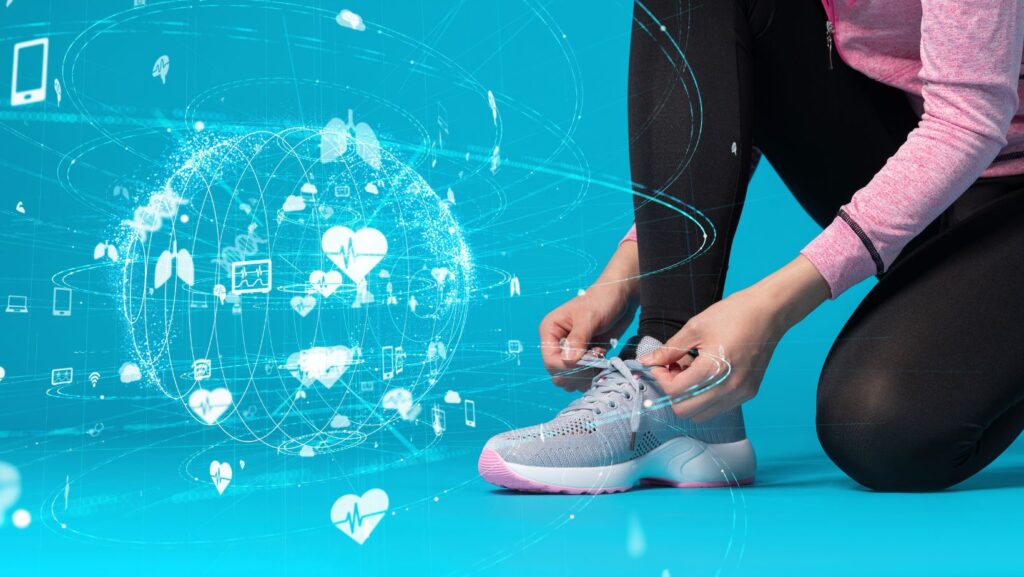As a sports enthusiast, I’ve always been fascinated by the intersection of technology and athletics. Sports technology labs are the cutting-edge facilities where innovation meets performance, revolutionizing the way athletes train and compete. In these labs, advancements in biomechanics, data analytics, and equipment design are shaping the future of sports.
From motion capture systems that analyze every move to virtual reality simulations that enhance mental preparation, sports technology labs are pushing the boundaries of what’s possible in the world of athletics. As I delve into the realm of sports tech labs in this article, I’ll explore how these state-of-the-art facilities are redefining the way we approach sports training and performance.
Sports Technology Labs
Exploring sports technology labs further, I delve into the cutting-edge equipment and facilities that propel athletes towards excellence. In these labs, you’ll encounter an array of state-of-the-art tools and resources meticulously designed to revolutionize the training and performance optimization landscape.
-
Advanced Biomechanics Systems
At the core of these labs are advanced biomechanics systems that capture intricate movements with unparalleled precision. Technologies like 3D motion capture systems, force plates, and high-speed cameras provide in-depth insights into athletes’ mechanics, enabling precise analysis and targeted interventions to enhance performance.
-
Wearable Technology
Wearable devices have become indispensable in sports technology labs, offering real-time data on various physiological parameters. From heart rate monitors to GPS trackers, these wearables track performance metrics, fatigue levels, and recovery patterns, guiding personalized training strategies for each athlete based on empirical data.
-
Artificial Intelligence and Machine Learning Integration
By harnessing the power of artificial intelligence and machine learning algorithms, sports technology labs can process vast amounts of data efficiently. These technologies enable the customization of training programs, predictive analytics for injury prevention, and performance optimization algorithms tailored to individual athlete profiles.

Impact of Sports Technology Research
Exploring the impact of sports technology research unveils a paradigm shift in athletic training methodologies. Cutting-edge tools like 3D motion capture systems and wearable devices revolutionize data collection, enabling in-depth analysis for optimizing performance. Artificial intelligence and machine learning algorithms, integrated into these labs, personalize training regimens and preventive measures based on individual athletes’ data.
The utilization of advanced biomechanics systems enhances the precision of movement assessments, leading to tailored strategies for improving technique and reducing the risk of injuries. Real-time physiological data monitoring through wearable technology empowers coaches and athletes to make immediate adjustments during training sessions, fostering continuous improvement.

Collaborations with Sports Teams and Institutions
Collaborations with sports teams and institutions play a crucial role in the development and advancement of sports technology labs. These partnerships provide valuable insights into the specific needs and challenges faced by athletes, coaches, and sports scientists. By working closely with sports teams and institutions, sports technology labs can optimize their research and innovation efforts to directly impact athletic performance and injury prevention strategies.
I collaborate with various sports teams and institutions to co-create tailored solutions that address the unique requirements of different sports disciplines. Partnering with elite athletes and coaches allows me to gather real-time feedback on the practical application of new technologies and training methodologies. These collaborations help in refining data analytics models, enhancing the accuracy of performance metrics, and customizing training programs based on individual athlete requirements.
Future Trends in Sports Technology Labs
Exploring the trajectory of sports technology labs, I delve into the upcoming trends shaping the landscape. Leveraging innovative technologies and interdisciplinary collaborations, these labs are set to redefine athletic performance and training methodologies in the near future.
In the realm of sports technology labs, emerging trends indicate a deeper integration of virtual reality (VR) and augmented reality (AR) technologies to revolutionize cognitive training and decision-making processes for athletes. By immersing athletes in realistic simulations, these technologies enhance mental agility and strategic thinking, paving the way for more adaptive and intuitive gameplay on the field.

